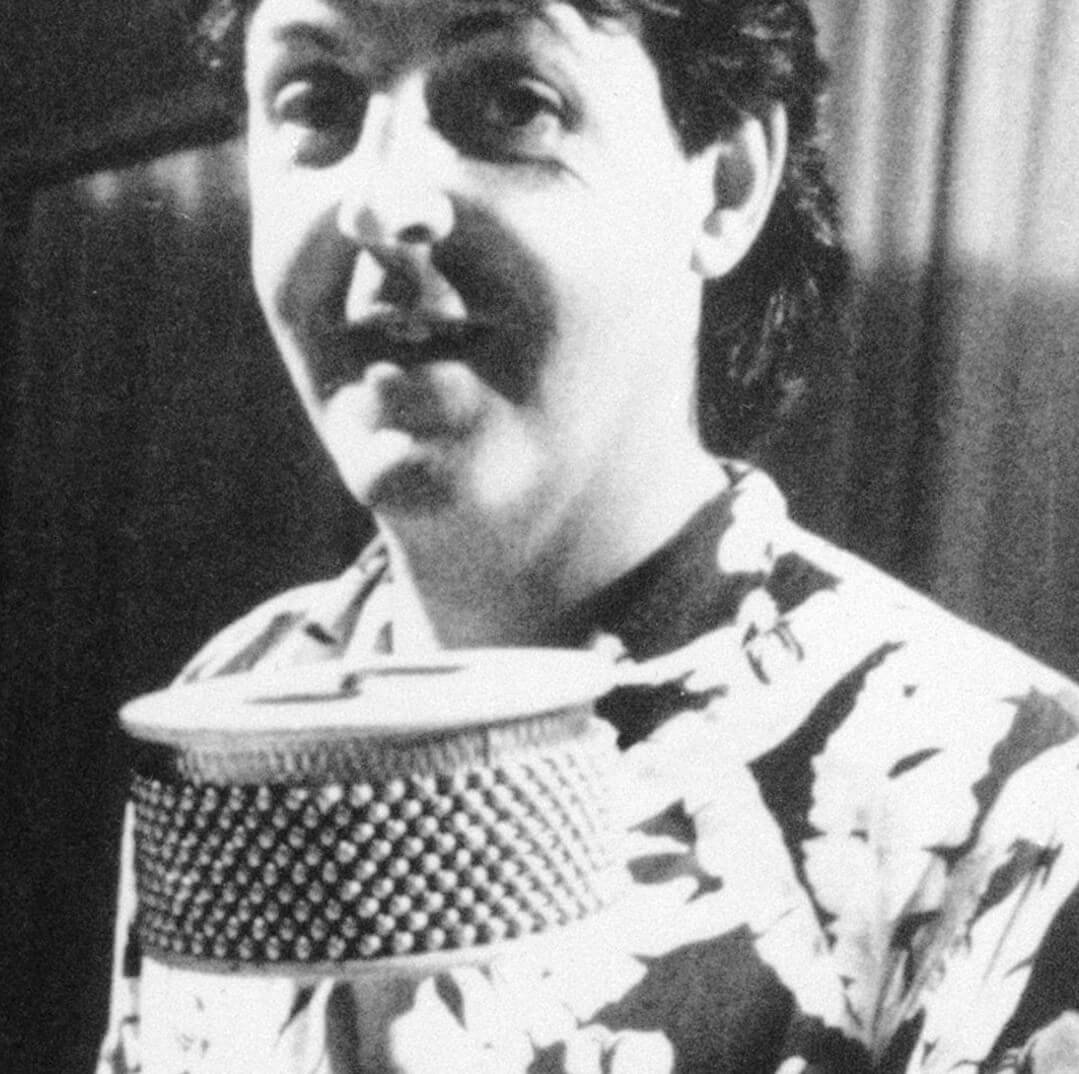
The Connection Between Paul McCartney’s ‘Ebony and Ivory’ and The Beatles’ ‘Hello, Goodbye’
Paul McCartney‘s “Ebony and Ivory” and The Beatles’ “Hello, Goodbye” might not seem connected on the surface. However, Paul says the tunes are both about “a deep theme in the universe.” Stevie Wonder also had insightful things to say about “Ebony and Ivory.” In his opinion, the tune was reflective but didn’t challenge people.
Paul McCartney said ‘Ebony and Ivory’ and The Beatles’ ‘Hello, Goodbye’ are about duality
In the 1997 book Paul McCartney: Many Years From Now, Paul discussed both “Hello, Goodbye” and “Ebony and Ivory.” “‘Hello, Goodbye’ was one of my songs,” he said. “There are Geminian influences here I think: the twins.
“It’s such a deep theme in the universe, duality — man woman, black white, ebony ivory, high low, right wrong, up down, hello goodbye — that it was a very easy song to write,” he said. “It’s just a song of duality, with me advocating the more positive. You say ‘Goodbye,’ I say ‘Hello.’ You say ‘Stop,’ I say ‘Go.’ I was advocating the more positive side of the duality, and I still do to this day.”
Stevie Wonder said that Paul McCartney’s lyrics didn’t demand much of listeners
Wonder collaborated with Paul on “Ebony and Ivory.” In a National Music Survey interview quoted in The Billboard Book of Number 1 Hits, Wonder discussed the track. “I listened to the song, and I liked it very much,” he recalled.
“I felt it was positive for everybody,” he continued. “I won’t say it demanded of people to reflect upon it, but it politely asks the people to reflect upon life in using the terms of music … this melting pot of many different people.”
How ‘Ebony and Ivory’ performed in the United States and the United Kingdom
“Ebony and Ivory” went on to become a huge hit. It was No. 1 for seven of its 19 weeks on the Billboard Hot 100. The tune appeared on Paul’s album Tug of War. That record topped the Billboard 200 for three weeks, staying on the chart for 30 weeks altogether.
According to The Official Charts Company, “Ebony and Ivory” became a hit in the United Kingdom as well. It was No. 1 in the U.K. for three weeks and remained on the chart for 10 weeks in total. There, Tug of War was No. 1 for two of its 26 weeks on the chart.
The success of “Ebony and Ivory” was part of a larger trend in 1980s music. 1960s nostalgia was so strong during that time period that a huge number of 1960s artists managed to score hits during the decade. In addition to Paul and Wonder, The Rolling Stones, The Beach Boys, The Monkees, Roy Orbison, Aretha Franklin, Michael Jackson, David Bowie, Linda Ronstadt, Barbra Streisand, George Harrison, Marvin Gaye, and John Lennon all had at least one big hit during the 1980s. Perhaps no other decade was as dominated by this sort of musical nostalgia.
“Ebony and Ivory” doesn’t demand much of listeners but it shows that Paul likes to focus on duality.


